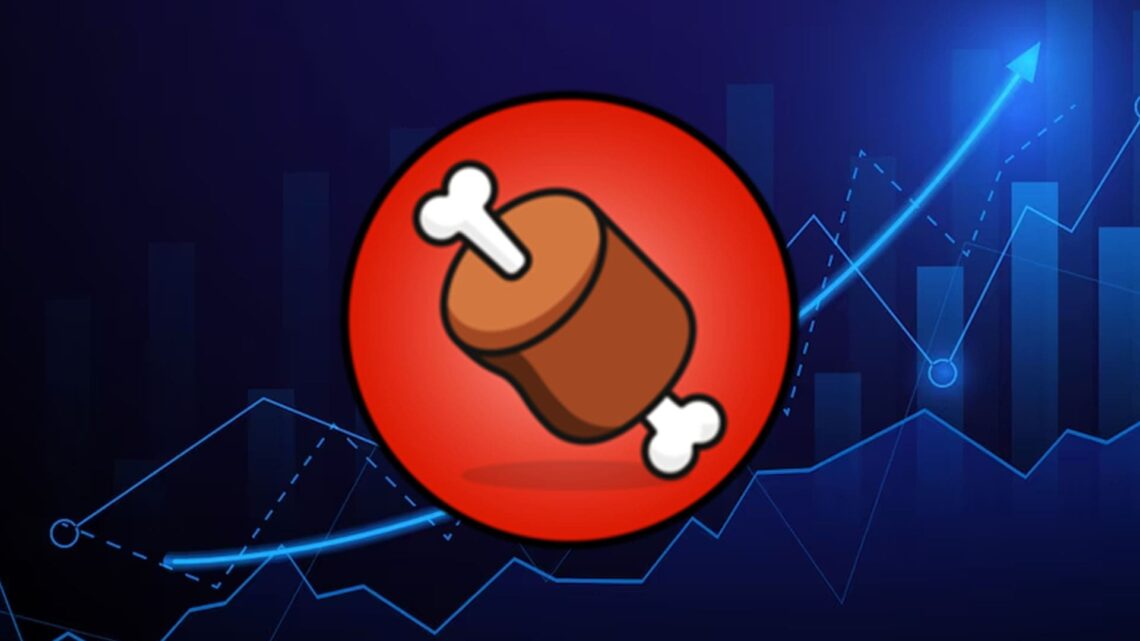Public goods is one of many terms in economics where the term’s intended meaning is not all intuitive. Most people hear it and think it means either something like “good produced by the public sector” or “something that is good for the public to have.” Thus, if an economist points out that education is not a public good, many people react with bewilderment, because they think this means either you’re saying education is bad, or denying that education systems are provided publicly.
But public goods are simply goods that are non-rival and non-excludable. For a good to be rival means it can’t be used simultaneously by multiple people. Being excludable means that the producers can withhold the good from someone who doesn’t pay for it. Pizza is a private good – if I don’t pay for pizza, the pizza shop won’t give me any, so it’s excludable, and a piece of pizza that I eat can’t also be eaten by you, so it’s rival. Deterring a foreign army from invading is a public good – you and I can both benefit from that deterrence simultaneously, so it’s non-rival, and I can still benefit from that deterrence even if I make no financial contribution to maintaining it, so it’s non-excludable. Education is both rival and excludable – if I don’t pay tuition, I won’t be given a degree, so it’s excludable, and every seat I occupy in a classroom is one that can’t be used by another student, so it’s rival. Therefore, education isn’t a public good, by definition.
Here’s another seemingly unusual case of the public goods concept – digital media. Readers may be aware of the controversy that surrounded so-called “peer-to-peer file sharing” facilitated by websites like Napster. Websites like these allowed people to share media files with each other, so if I wanted to listen to the new Metallica album, I could just duplicate someone else’s digital copy through Napster rather than buying it. Video games, too, could be shared across devices in this way. This threatened to turn digital media into a public good. Digital music and video games would be non-excludable, because people could acquire them without payment, and the ability to duplicate files across devices made these files non-rival as well.
Video game developers have found ways to try to correct for this. One way was requiring an activation key for a game to be fully installed, with those activation keys only being made available with games that were bought and paid for. This is one example of what is known as digital rights management, or DRM for short. In other cases, game developers have deliberately built games with game-breaking bugs. These bugs were automatically fixed in first-day patches that legitimately downloaded copies could access but couldn’t be installed on pirated copies. This made it so pirates could download the game but couldn’t effectively play it due to the intentional glitches and bugs.
But my favorite example of a video game developer using this strategy comes from a game called Game Dev Tycoon. It beautifully demonstrates what happens when digital piracy threatens to move video games from a private good to a public good – and in a way that was hilariously lost on the pirates themselves.
As you might imagine from the title, Game Dev Tycoon is a sim game about running a video game company and developing video games. What the developers did was make it so pirated copies of the game, but not legitimate copies, would experience video game piracy with the games they developed, preventing them from recouping their investments and discouraging them from producing high quality games. After publishing games, players would start getting messages like this:
Boss, it seems that while many players play our new game, they steal it by downloading a cracked version rather than buying it legally. If players don’t buy the games they like, we will sooner or later go bankrupt.
The more effort was made to produce a better game, the more likely the game was to be pirated, while producing mediocre games resulted in less piracy. People playing pirated copies of the game soon began posting confused comments on message boards like this:
Guys I reached some point where if I make a decent game with a score 9-10 it gets pirated and I can’t make any profit. It barely sells 100k units…I am during the Xbox 1 and PS2 gen. Back in the 80s and 90s I could easily make 1m sales with a 9-10 game but now it’s not possible due to the piracy. It says bla bla our game got pirated stuff like that. Is there some way to avoid that? I mean I can research a DRM or something…
So far I am going nowhere. My profit is little to none. If I make an average game 5-7 I get some cash which is understandable but then if I make a 9-10 game I earn the same cash because I get the message for piracy…
For the past 6-7 games I ended up with the same amount of money or a few grand less. So what do I do now? There’s no point in inventing a new engine because the revolutionary game made out of it will get pirated and I will not be able to cover my expenses.
Keep in mind, this is a comment coming from someone who is himself playing a pirated version of the game!
One more lesson to take away from this is that entrepreneurs in competitive markets are very good at finding ways to turn public goods into private goods – when regulation doesn’t block them from doing so. At first glance, lighthouses were considered to be quintessentially public goods, because the light they emit can be seen regardless of payment and can be equally seen by multiple users simultaneously. Yet, market solutions were found, and the majority of lighthouses were privately provided on the market. As economist and historian Vincent Geloso has noted, “There was nothing inherent to the lighthouse that made it a public good. It was a public good because government regulation made it so.”
















